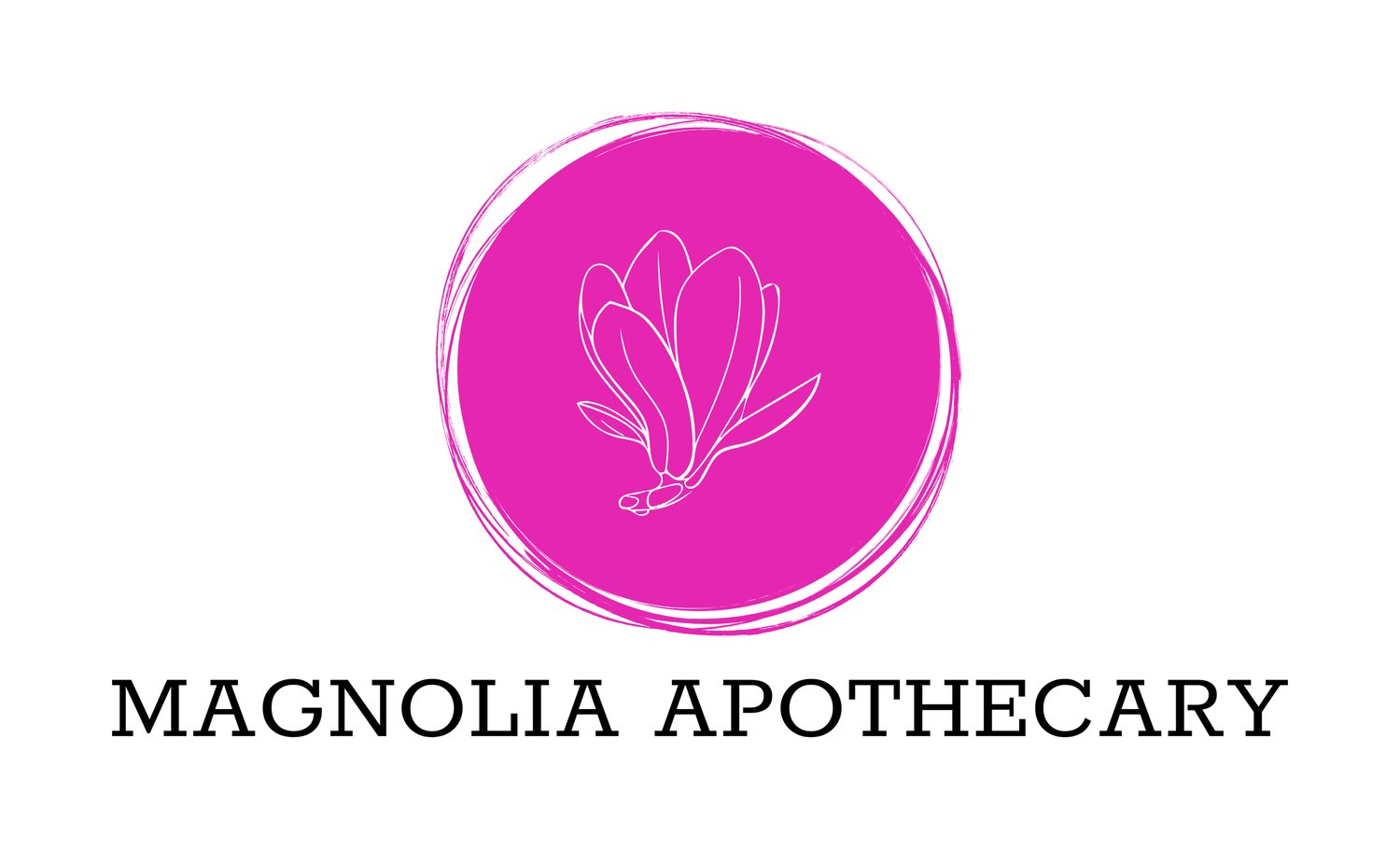IBS Awareness Month
April is IBS Awareness Month, although I am not sure we need an awareness of this subject as I see this condition in clinic regularly.
One in 5 Australians will experience some kind of IBS symptoms at one time.
According to better health websites, there is no cure only management. This includes following a Fodmap diet, medications for constipation, diarrhoea, antispasmodics, anti-depressants and behavioural therapies.
They also list the causes of IBS as food intolerance, infection, stress, and medications.
While these causes are debatable for cause or effect, they do at least acknowledge that it is a functional gut issue and that there is a connection with the brain/gut axis.
Unfortunately, there is no suggestion that any gut healing or microbiome improvement will help to improve or eliminate symptoms. IBS is considered a functional disorder of the digestive system; therefore it is important to fix the cause not just treat the symptoms. All the above recommendations are about treating symptoms and not looking at the root cause.
Although IBS is considered a digestive issue there is also a strong connection to mental health. Why? Because when you have IBS the gut/brain axis is altered. That means that certain neurotransmitters are not communicating as they should, and the enteric nervous system (the gut nervous system) and the central nervous system are not communicating very well.
This can leave IBS sufferers dealing with anxiety and mood disorders. Thus, leading to more IBS symptoms, making it a bit of a vicious cycle.
When I see IBS clients in my clinic, I often get their gut tested. This gives us a full picture of what is happening at the gut wall and what state the gut microbiome is in. Often the results of this test will give the client a great deal of assurance as they often feel like the traditional medical system doesn’t have the answer for them.
This kind of testing can also tell us whether you are dealing with parasites, yeast overgrowth, opportunistic bacteria’s and if there is any possible bacteria overgrowth. It is very common for IBS sufferers to have a condition called Small Intestinal Bacterial Overgrowth also known as SIBO, there is also another condition called Large Intestinal Bacterial Overgrowth known as LIBO. There is quite a variance in the studies but between 4 and 78% of IBS sufferers experience SIBO.
SIBO and IBS both D and C can share similar symptoms, so it is often hard to distinguish between them as they mimic each other. Either way both conditions are telling you that the digestive system is not functioning at its optimal and some kind of repair work is needed.
If you are dealing with IBS and want to improve your situation rather than manage it, then come and have a chat with me. Follow the link below:
References
https://www.ncbi.nlm.nih.gov/pmc/articles/PMC5347643/
